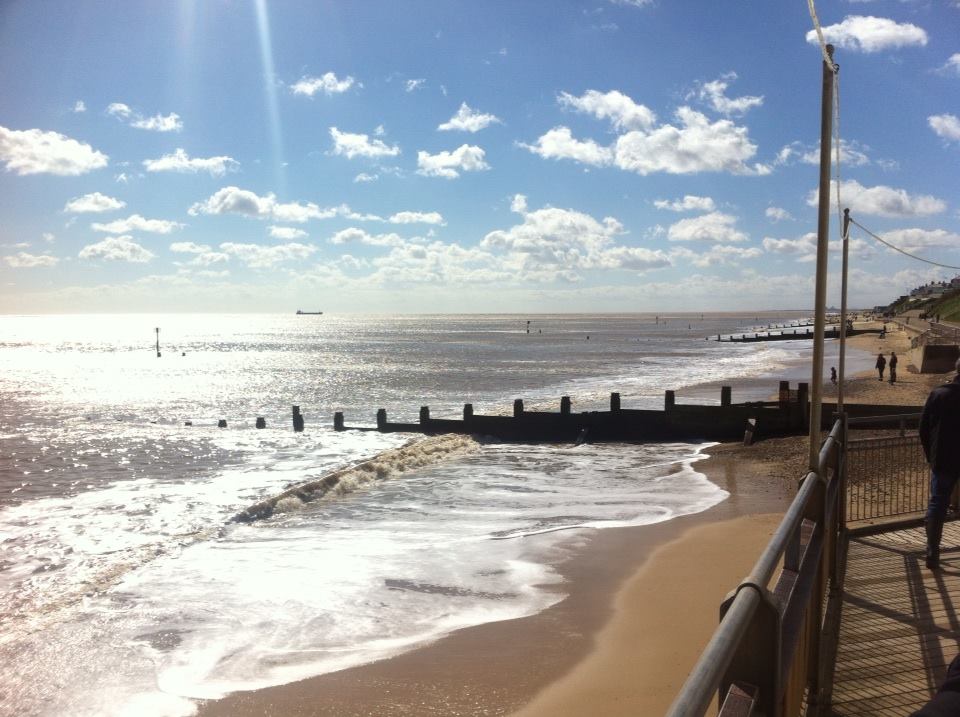|
I didn’t consciously set out to write a novel. It was Christmas 2019 when I first put pen to paper, documenting my life as a teenager on Holy Island (Lindisfarne). During those island years, I lived some of the best… and worst days of my life. Writing the memories down was heart warming and heart breaking in equal measure. I’m still not sure what prompted me to write. Maybe the health scare my dad had around that time made me look back at our past. Or perhaps I simply had too much time on my hands. Whatever the reason, I’m glad I did. By the end of the holidays I had 40,000 words, but the story I had told, though true, was utterly unbelievable. I began writing Clara’s story instead.
January came and normal life resumed. I put my writing away and forgot about it, distracted by a big music project and the news that they had discovered a new virus in China. Lockdown hit and we adjusted to the ‘new normal’. All creative activities ended as my brain filled instead with home-school and the constant fear coming from the TV news. It wasn’t until July, and a chance conversation with my brother in a socially distanced pub garden, that I remembered the words hidden away on my computer. I returned to Clara’s story, deleted my own, and decided that something was missing. As soon as my mind met with Jimmy, I was on a roll. I had been too young when I lived on the island to appreciate its rich and varied history. I’d heard of the saints who made it their home, but it was the more recent history that intrigued me. Several sources transported me back to the early 1900s, most notably the research of Katrina Porteous for Peregrini Lindisfarne and the British Newspaper Archive. As the end of August approached, my novel was nearly complete. I had read the incredible book ‘The Grit’ by Dean Parkin and Jack Rose, and was excited to combine a visit to family in Lowestoft with walking the streets and areas described in their book. A visit to Time and Tide museum in Great Yarmouth helped complete the picture of life during those times. With the research and most of the word count under my belt, I returned to Cornwall to revise and edit. I completely underestimated this process. It took me far longer to polish the book than it did to write it! I’ve held the characters and places so close for so long, releasing them into the world is daunting. But I hope the book brings people pleasure and gives an insight into the lives of those who traveled down England’s east coast chasing the Silver Darlings.
1 Comment
This is quite the conundrum. When I told friends I’d written a book, the response I got time and again was- I’d love to write a book, but I don’t have time.
But, what do we really mean by time? It’s true, we have busy lives, and time is a limited resource for most of us. In my experience, lack of time really means lack of head space. Time can usually be found. Do you have an hour in the evening when you watch TV? Or half an hour at lunchtime? Probably. What you might not have, is head space or energy. I know when my children were little there wasn’t much time for anything. In the brief moments I snatched for myself, I was exhausted. I could’ve written in those moments, but I doubt it would have been worth reading. In the same way, when I was teaching, I could’ve squeezed a few minutes writing in now and then, but all my creative energy was used up planning exciting activities for 4 and 5 year olds. I had time, but I had zero head space. If by lack of time, you really mean head space or energy, don’t beat yourself up. It could be that you need to put writing on hold until life slows down a bit. But if writing a book is your burning desire, there are a few things you can try: -Set a regular time each week to write. It could be a whole morning, or an hour a week, when a friend can take the kids to the park. -Make changes to your job, or lifestyle that give you not just time but moments of peace, when your brain stops whirring and you can think clearly. -If you have hobbies, swap one of them for writing. -Try writing 100 words a day, or at least every few days. Keep it regular. Even 100 words a day will add up to a book eventually, and more often than not, you’ll get so absorbed in what you’re writing, that word count will shoot up way beyond 100. -Don’t worry if you go a day, a week or month and have nothing new on the page. Writing is a pleasure, not another tool to beat yourself up with. -Goals are good, but don’t make them unrealistic. If you can only write 500 words a week, don’t expect to have a novel written and edited in 6 months. It’s OK to take your time. Many bestselling authors took years to write their novels! Finally, good luck! Happy writing, and if you have time(!), let me know how you get on! 😊 |
AuthorLK Wilde is a Cornwall based Author, who juggles writing with music, teaching and raising two busy boys. Archives
November 2023
Categories |





 RSS Feed
RSS Feed